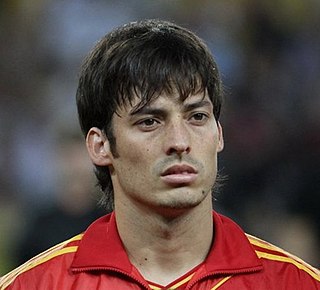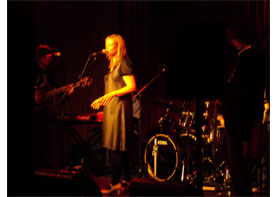A Quote by John Turturro
I think you learn more from looking at how things occurred and what happened afterward, not just at the event.
Related Quotes
Paradox is an overrated threat. There is...a quality similar to inertia at work. Once an event has occurred, there is an extremely strong tendency for that event to occur. The larger, more significant, or more energetic the event, the more it tends to remain as it originally happened, despite any interference." I frowned. "There's...a law of conservation of history?
As a coach, the more experience you have, the more you're around players, it helps so you see how guys learn, ways that are effective to reach different people. You see the aftermath of all the things that happened; you don't just see what happens at the game, you see what happens after the game, the followthrough, and those types of things.
When you learn to read and write, it opens up opportunities for you to learn so many other things. When you learn to read, you can then read to learn. And it's the same thing with coding. If you learn to code, you can code to learn. Now some of the things you can learn are sort of obvious. You learn more about how computers work.
The first thing you learn is sacrifice and how to keep moving forward in life, helping your parents to put food on the table. You learn to fight with your work. Then you start to learn values. That's why, every time I pull on the Argentina shirt or any other, I think about the things that happened to me when I was a kid.
The Work reveals that what you think shouldn't have happened should have happened. It should happened because it did, and no thinking in the world can change it. This doesn't mean that you condone it or approve of it. It just means that you can see things without resistance and without the confusion of your inner struggle. No one wants their children to get sick, no one wants to be in a car accident; but when these things happen, how can it be helpful to mentally argue with them? We know better than to do that, yet we do it, because we don't know how to stop.
They would grow up grappling with ways of living with what happened. They would try to tell themselves that in terms of geological time it was an insignificant event. Just a blink of the Earth Woman's eye. That Worse Things had happened. That Worse Things kept happening. But they would find no comfort in the thought.



































